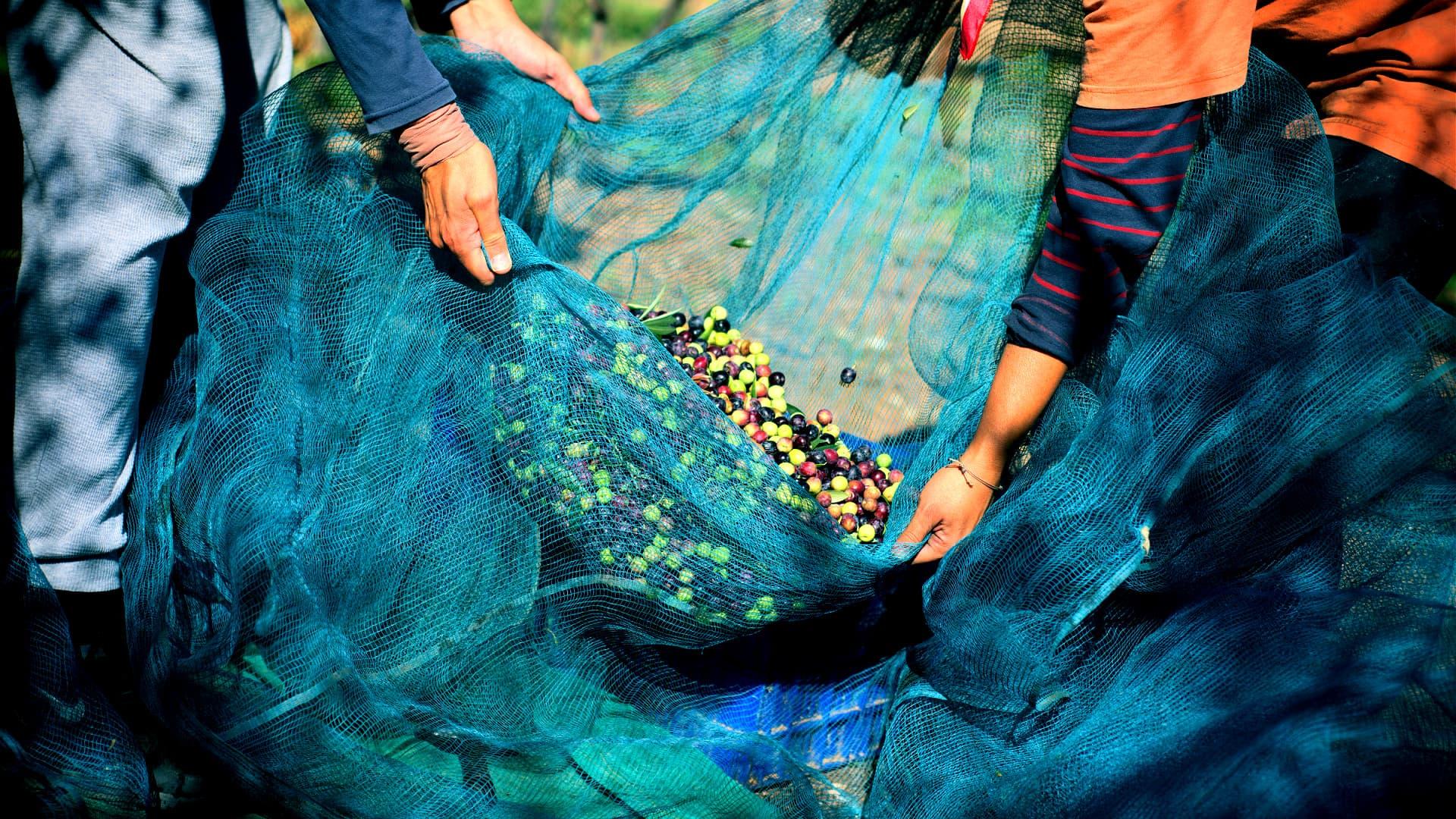Soaring Expenses Strain Producers in Southern Europe

Rising production costs due to a poor harvest in southern Europe have doubled in Spain and remain high in Italy and Greece, impacting the entire olive oil production chain. The increase in costs is attributed to a production slump, rising input costs, and energy prices, leading to uncertainties and challenges for producers, importers, and exporters in the olive oil sector.
Rising production costs are straining the olive oil sector in southern Europe amid a second-consecutive poor harvest for countries across the Mediterranean basin.
A recent survey showed olive oil production costs doubled in Spain between 2020 and 2023. The situation is not much better in Italy, Greece and beyond.
“Olive farming has faced challenges and difficult conditions in the last two years at a global level,” Stella Theodosiou, deputy director of Sevitel, the association of Greek olive oil bottlers, told Olive Oil Times. “These challenges have been transferred to all nodes of the production chain.”
See Also:Olive Oil Sales Slump in Spain and Italy Amid Rising Prices“In the post-Covid era, we have all been called to face the consequences of the war in Ukraine, with energy costs skyrocketing,” she added. “They remain at very high levels these days.”
In its latest update to the olive production costs, the Spanish Association of Olive Municipalities (Aemo) warned of the profound impact of the significantly reduced olive oil production on the sector’s income.
The Aemo survey shows that between 2020 and 2023, the costs of producing one kilogram of olive oil nearly doubled, rising from €3.20 to €6.22.
According to the association, rising costs are due to slumping production slump and increasing input costs. For example, fertilizers and phytosanitary products cost 70 percent more than three years ago. Meanwhile, energy prices have risen 40 percent, while salaries are up 9 percent.
Not all costs weigh equally on olive farms. Production costs for high-density (intensive) or super-high-density (super-intensive) groves remain significantly lower than those reported in traditional or steep-slope olive groves, partly due to mechanization. Still, costs have increased considerably throughout the sector in the last few years.
According to the Italian Institute of Services for the Agricultural and Food Market (Ismea), olive oil production costs in Italy also remain high in the current year.
Still, they have slightly decreased in the first nine months of 2023 compared to the previous year, when substantial increases were reported.
In its latest report, Ismea noted how extra virgin olive oil imports, crucial to the Italian sector, diminished in volumes by 25 percent compared to the previous year. Still, their value grew 19 percent, highlighting the rising olive trade prices and their impact on producers’ and bottlers’ operating costs.
The production slump reported in several countries has pushed up the prices of raw materials since the previous season, causing further uncertainties for producers, importers and exporters alike.
In Italy, where olive oil production volumes in the current season are expected to exceed those of the previous one, margins for Italian olive oil producers are still likely to be relatively modest.
“With the current price [of the product], during this campaign, we will recover the production costs, more than what is happening to others,” Gennaro Sicolo, president of the producer association Italia Olivicola, told local media.
According to Sicolo, the production drop facing the entire Mediterranean basin – especially in Spain, Portugal, Morocco and Tunisia – is the main reason for such low returns. “That means that Italian producers cannot turn to those countries to buy the product,” he said.
“On top of that, we also need to consider the milling operations, which, as we know, require large quantities of electricity,” Sicolo added. “Speaking of numbers, we had prices of €25 per quintal (100 kilograms) last year. Today, it easily climbs to between €27 and €30.”
Theodosiou agreed. “The costs of transportation, packaging, the operation of the olive mills, and olive oil processing industries have all increased,” she said.
Thedodosiou added that the sector has also been hit by rising interest rates and labor costs.
While Greece enjoyed a good harvest in the previous season, production in the 2023/24 crop year is expected to decline significantly.
“Greece had to cope with the effects of climate change,” Theodosiou said. “Therefore, Greek olive groves are expected to report a decrease of around 170,000 tons.”
According to Theodosiou, Greece is now facing an upside-down domino risk in the olive oil market, as consumers tend to spend less on highly-priced products at exactly the moment when olive oil producers need more sales to cover operational costs.
“The enterprises of standardization and branded olive oil export companies manage their raw material purchases gradually according to the demand, from the start of every crop year, November, until the beginning of the next one, October,” Theodosiou said.
“The industry operates according to the strict framework of national and European legislation,” she added. “Consequently, the final price of every branded olive oil directly depends on raw material cost.”
“The biggest challenge of the olive oil standardization companies is maintaining their quotas in the domestic and international market,” Theodosiou concluded. “Any further reduction in olive oil consumption will be dysfunctional for all the chain links.”









